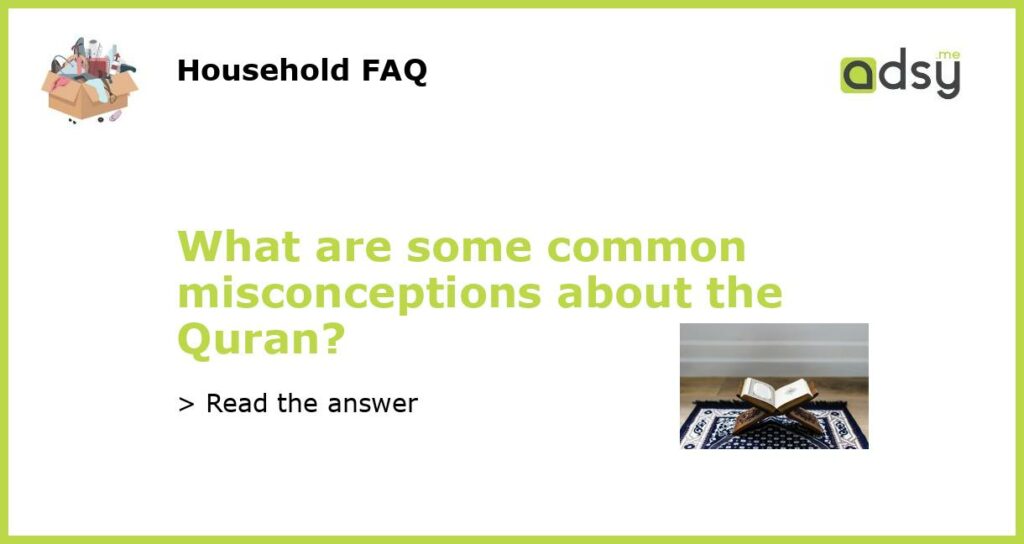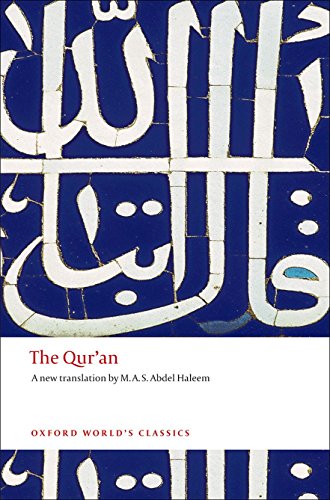The Quran promotes violence
One of the most common misconceptions about the Quran is that it promotes violence. This misconception arises from a misunderstanding of certain verses that are often taken out of context. While there are verses in the Quran that talk about warfare, they are specific to the historical context of the time and were meant to provide guidance for self-defense and protection of the Muslim community.
The Quran is only for Muslims
Another misconception about the Quran is that it is exclusively for Muslims. The Quran is indeed the holy scripture of Islam and is considered the ultimate source of guidance for Muslims. However, it is important to note that the Quran has had a profound impact on many people from different faith backgrounds, including scholars, researchers, and individuals seeking spiritual guidance. The Quran’s universal messages of peace, justice, and compassion can be appreciated and respected by people from all walks of life.
The Quran promotes the oppression of women
There is a widespread misconception that the Quran promotes the oppression of women. This misconception is based on a misinterpretation of certain verses and a lack of understanding of the historical and cultural context in which they were revealed. In reality, the Quran recognizes the rights of women and emphasizes their equality with men. It provides guidance on issues such as marriage, divorce, inheritance, and education, with the intention of ensuring justice and fairness for all individuals, regardless of their gender.
The Quran is a book of outdated laws
Some people incorrectly believe that the Quran is a book of outdated laws that are no longer relevant in the modern world. This misconception arises from a lack of understanding of the Quran’s timeless and universal principles. While the Quran does contain specific laws and regulations for the Muslim community, its overall message is one of guidance and morality that can be applied to various aspects of life. The Quran provides a moral compass and encourages individuals to seek justice, promote kindness, and fulfill their obligations to God and society.
The Quran is a literal and inflexible text
One of the biggest misconceptions about the Quran is that it is a literal and inflexible text, with no room for interpretation or contextual understanding. In reality, the Quran is a highly nuanced and layered scripture that requires careful study and interpretation. It is important to approach the Quran with an open mind and a willingness to understand its teachings within their historical and cultural context. The Quran encourages critical thinking and reflection, and scholars have developed a rich tradition of interpretation and jurisprudence to ensure its message remains relevant and applicable in different times and places.






